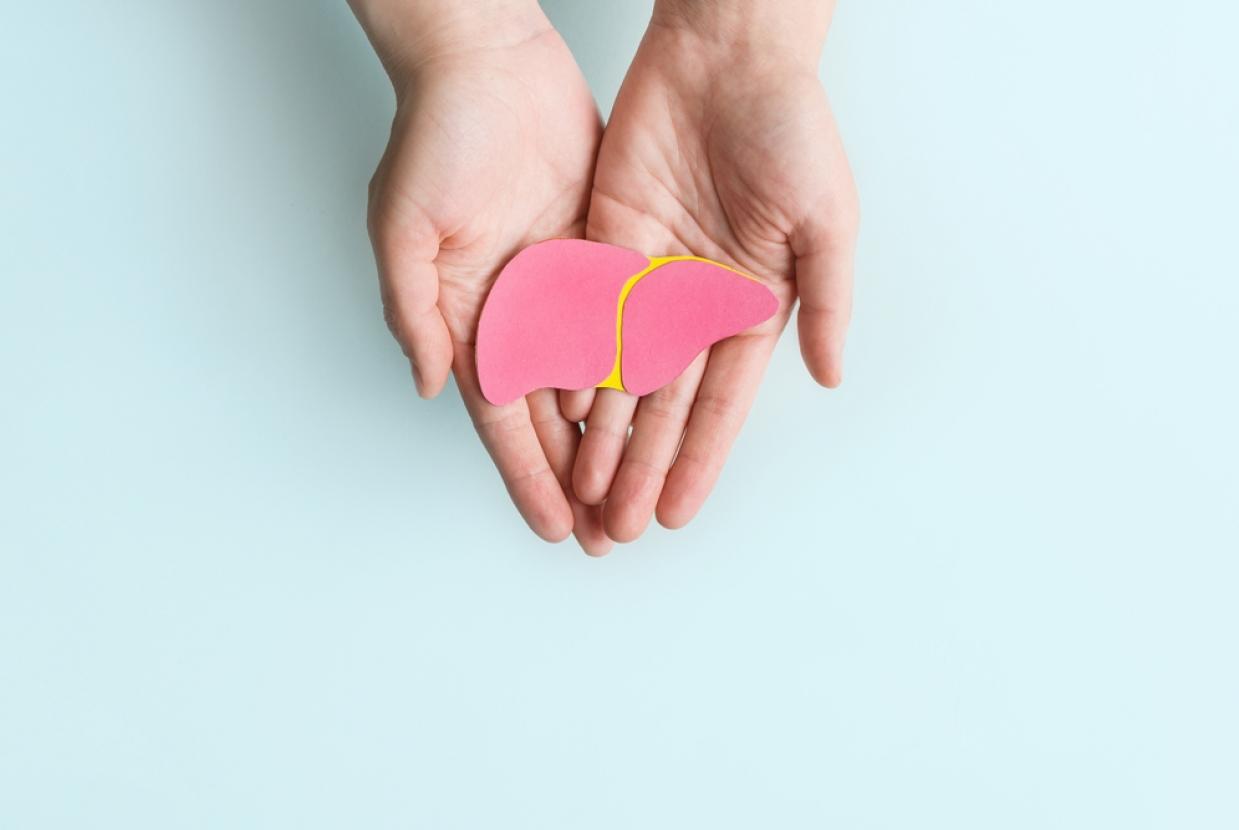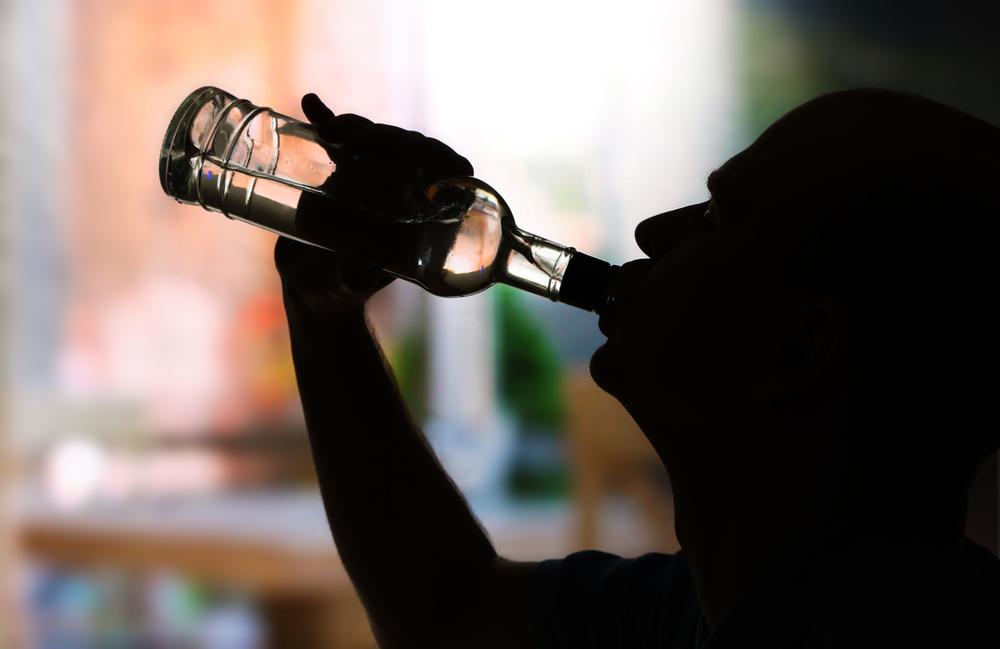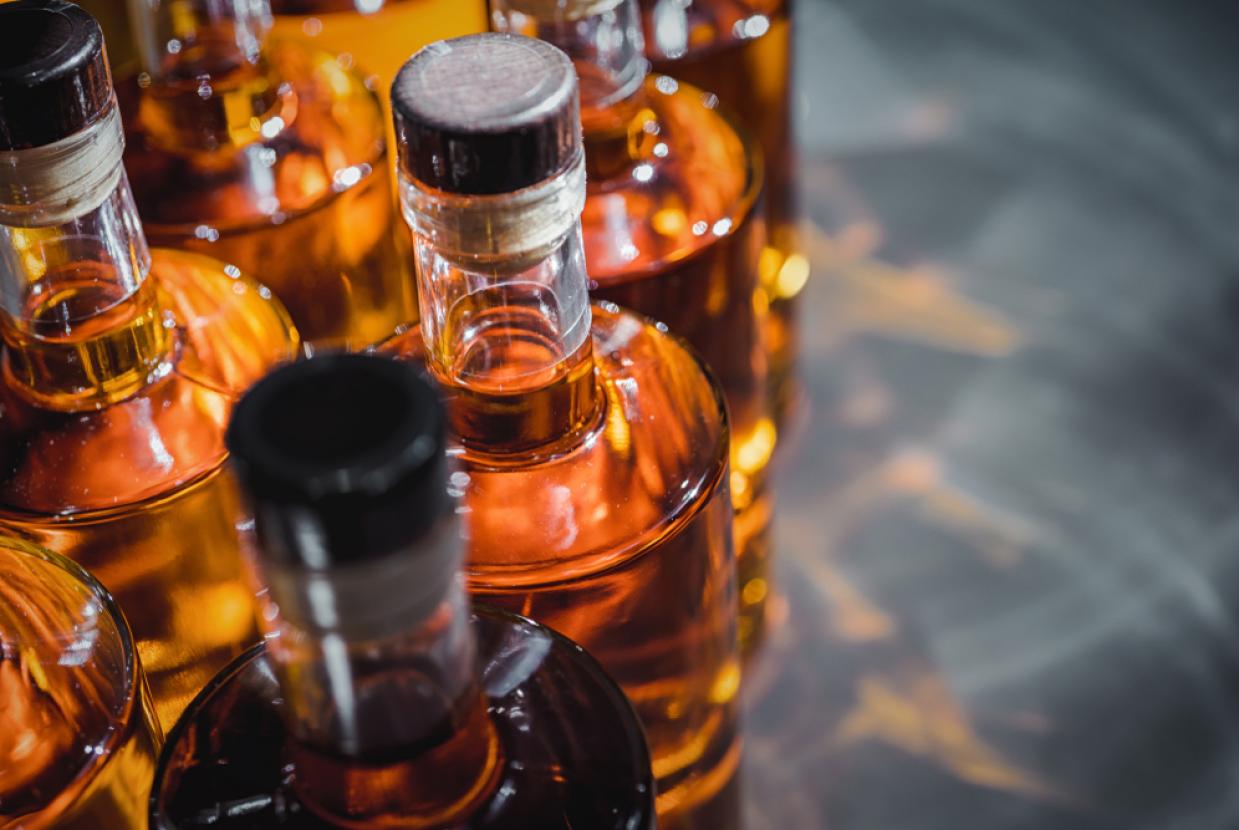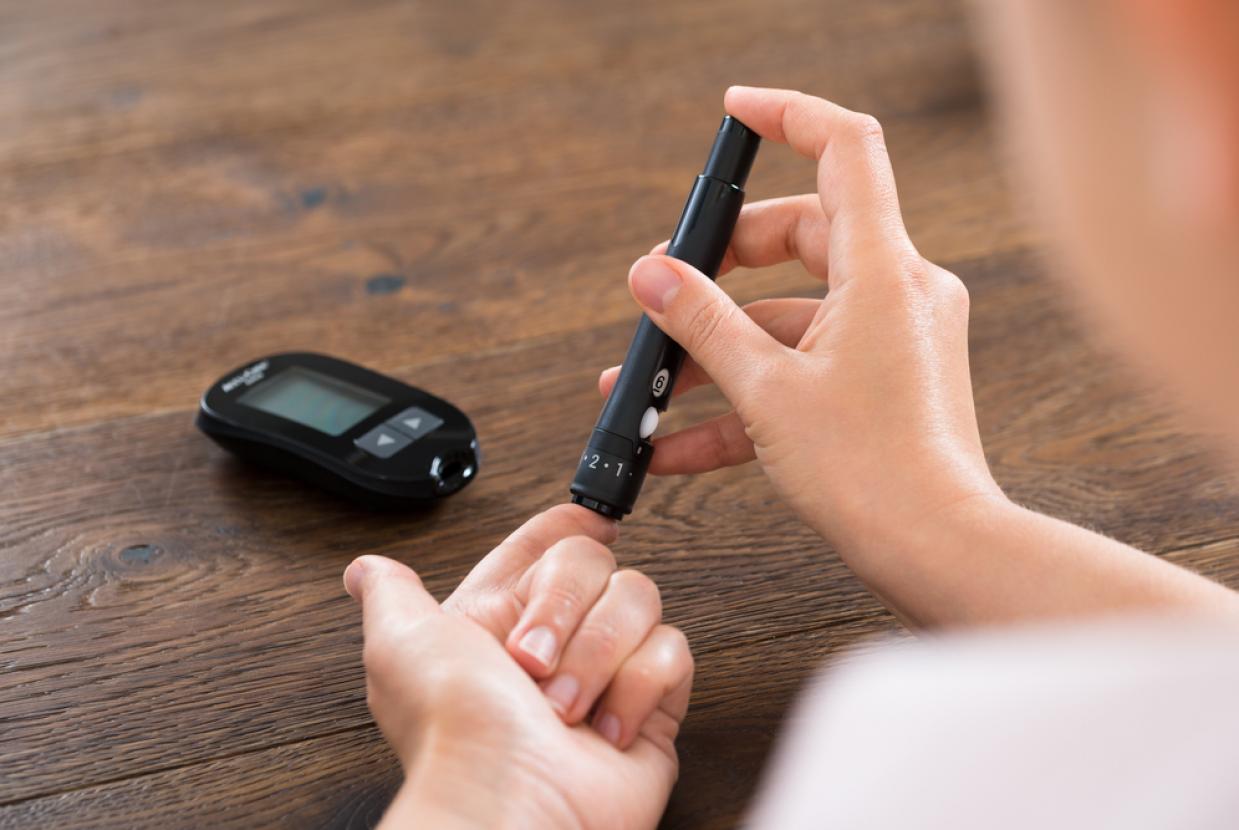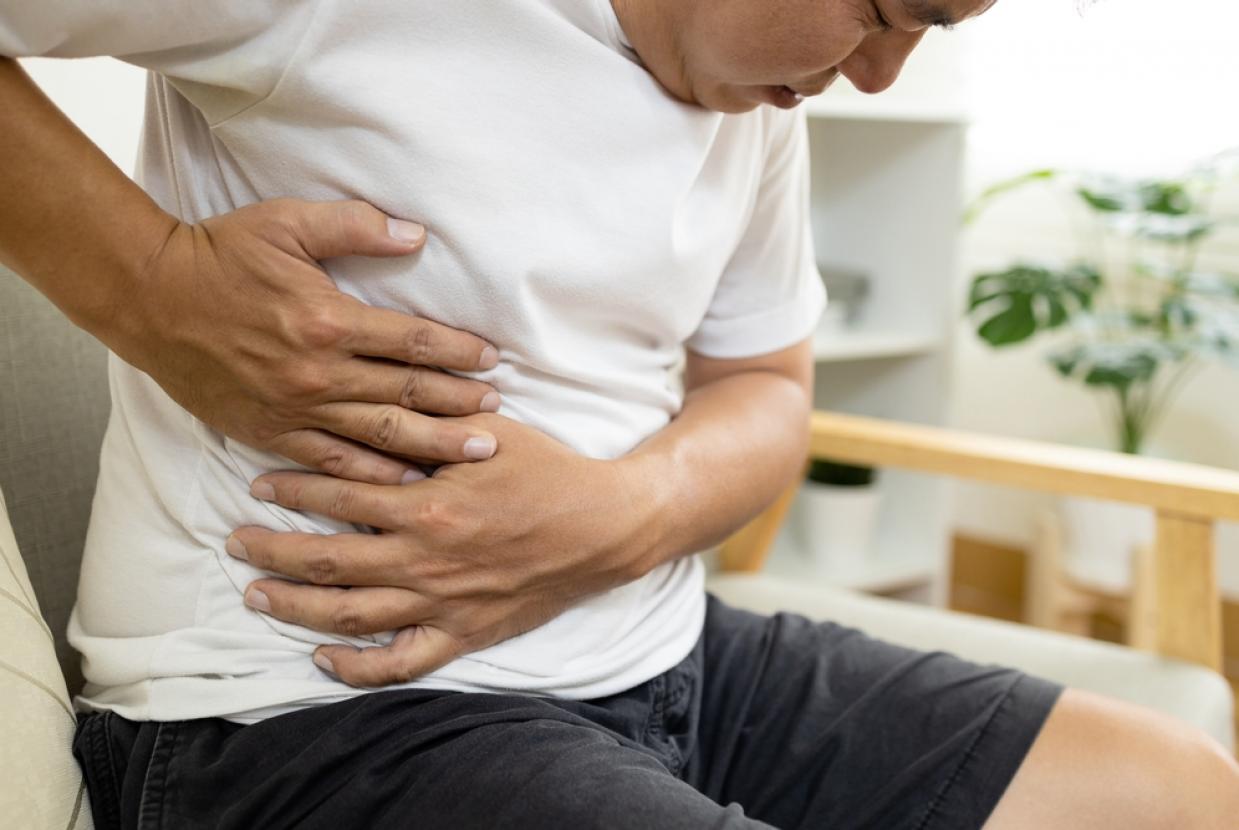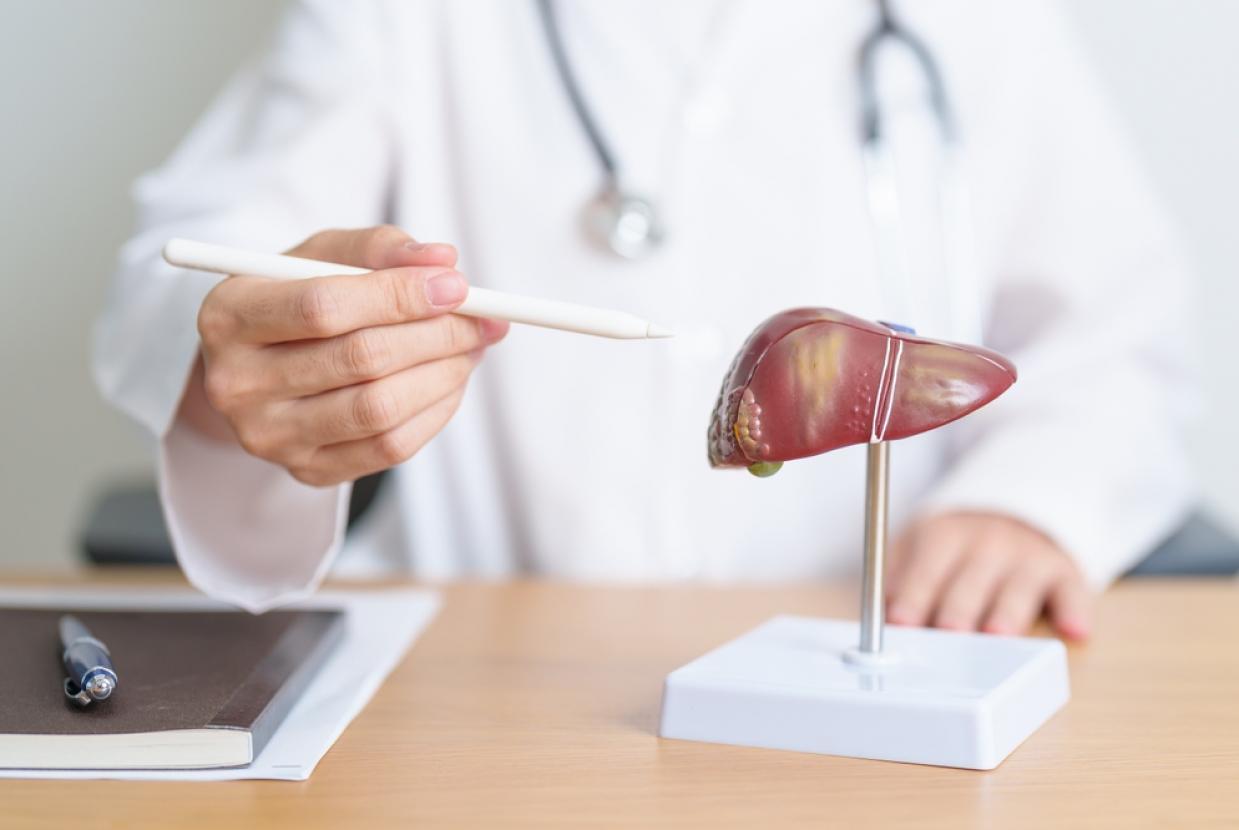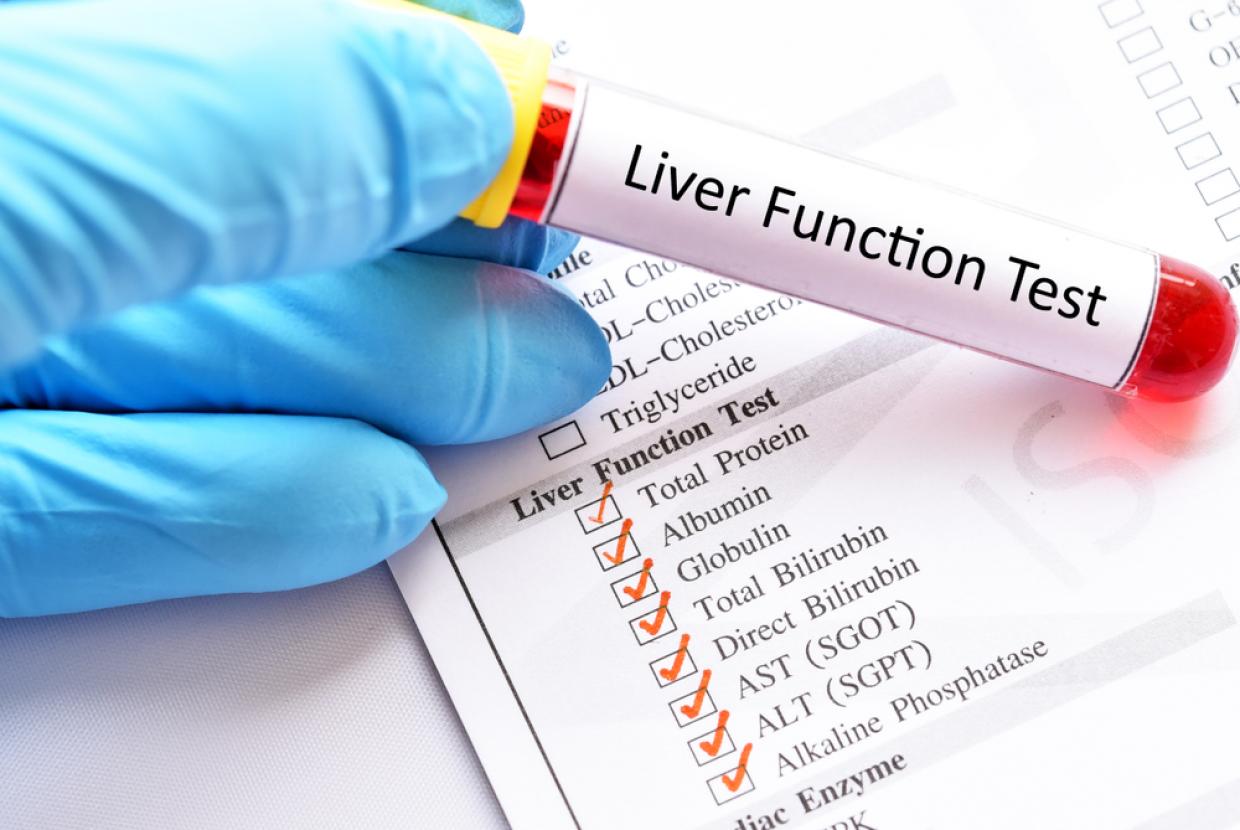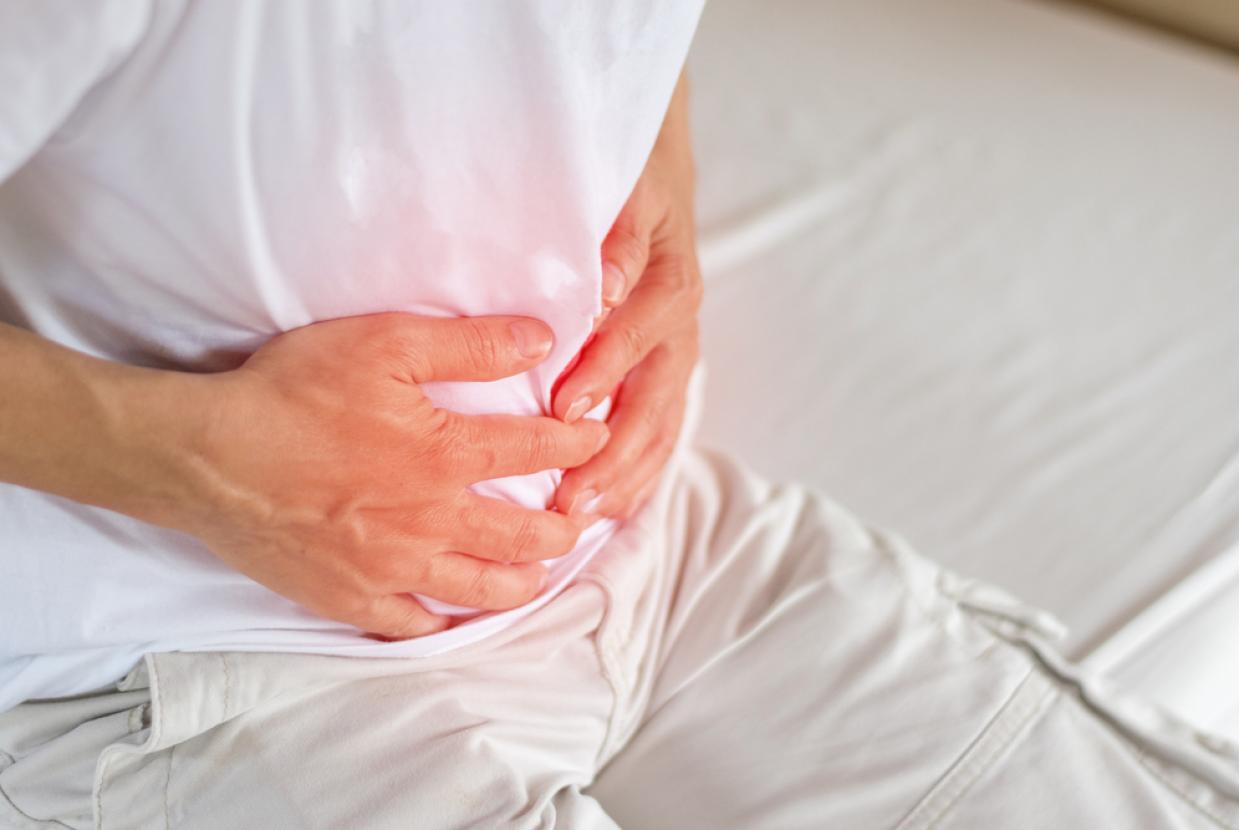Alcohol & The Liver
The liver is a robust organ that can usually process small amounts of alcohol, but heavy drinking can cause damage. The damage caused by heavy drinking can range from fatty liver to cirrhosis. Sticking to the recommended weekly drinking guidelines can lower the risk of developing alcohol-related liver problems.
The liver is an organ with over 500 different functions, including processing digested food, combating infections and dealing with toxins like alcohol.
In the UK around 7,700 people die each year due to alcohol-related liver disease, who are mostly between 40 and 65 years old. It’s one of the only preventable conditions that is continuing to increase in the UK, while it falls across most of Europe. Although alcoholic liver disease can be treated if caught early, often symptoms do not appear for a long time. Liver disease causes approximately 2% of all deaths in the UK.
How alcohol affects the liver
When we drink alcohol, it is absorbed into the bloodstream from the stomach and intestines. This blood first passes through the liver before circulating to the rest of the body. Liver cells process the alcohol at a rate of about one unit per hour, breaking it down into other chemicals which are then in turn broken down into water and carbon dioxide, before being passed out in the urine and from the lungs.
However, if the liver has to break down too much alcohol, its other functions are negatively affected. Drinking too much alcohol can lead to three stages of damage: fatty liver, alcoholic hepatitis and alcoholic cirrhosis, which can lead to liver failure and increases the risk of liver cancer.
Fatty liver
A build-up of fat occurs within the liver cells of most heavy drinkers, but it may also be found in those drinking just above the weekly low-risk drinking guidelines. Fatty liver may not progress to more severe damage and can be reversed by stopping or reducing drinking. However, it is an indicator that more permanent damage may occur in the future.
If the liver has to break down too much alcohol, its other functions are negatively affected, and it can be damaged.
Alcoholic hepatitis (inflammation)
About a third of people with fatty liver will develop alcoholic hepatitis. Mild hepatitis may not cause any symptoms; more severe cases tend to cause symptoms such as loss of appetite, vomiting, abdominal pain and jaundice (yellowing of the skin). At its severest, alcoholic hepatitis can quickly lead to liver failure and death.
Alcoholic cirrhosis
Cirrhosis is the result of continuous liver damage. Normally when the liver is damaged it can regenerate itself. In cirrhosis, the process of healing fails and scar tissue develops, preventing the liver from being able to carry out its normal functions.
Cirrhosis is found in about 20% of heavy drinkers. In some instances, cirrhosis has no obvious symptoms, but where symptoms are visible, they usually include general ill health, flatulence, lack of appetite, sallow skin, jaundice, itching, anaemia, vomiting of blood, lower back pain and abdominal swelling.
There is no cure for cirrhosis, but sufferers who stop drinking completely have a much stronger chance of survival. Those who continue to drink will go on to develop complete liver failure and a further 10 per cent of sufferers develop liver cancer, which is fatal in about six months.
Liver cancer
People suffering with cirrhosis of the liver are at a higher risk of developing liver cancer (hepatocellular carcinoma). It is not well understood how cirrhosis increases cancer risk. It could be that as the scar tissue grows, the liver attempts to heal itself by creating new cells. However, the more cells the liver creates, the higher the chances that a change, or mutation, will take place – resulting in cancerous tumours. It could also be related to the extent of the damage the liver has already endured in reaching alcoholic cirrhosis. Having cirrhosis does not mean you will definitely get liver cancer but certain causes of cirrhosis do have a particularly strong link. This includes excessive alcohol consumption.
Managing the risk
Liver disease causes approximately 2% of all deaths in the UK, and over a third of these are thought to be related to alcohol. Whilst the liver is a very resilient organ that can regenerate itself, prolonged heavy drinking over many years reduces this ability to regenerate, which can result in long-term damage and, in the severest cases, premature death.
Anyone drinking heavily should seek advice from their GP. It is possible that you may be damaging your liver without being aware of it. Your GP should be able to refer you for tests to check, and to support you cut down your intake. You can also get advice and support from the British Liver Trust.
The most effective way to reverse or prevent alcohol-related liver problems is to cut back our consumption, or stop drinking altogether. The UK’s Chief Medical Officers recommend limiting your weekly alcohol intake to 14 units, which means about six pints of normal strength beer or one and a half bottles of wine per week, and spreading your intake over three days or more. Try to have a few alcohol-free days too. And if you are pregnant or planning a pregnancy, the safest approach is not to drink alcohol at all, to keep risks to your baby to a minimum. Anyone drinking heavily should seek advice from their GP. It is possible that you may be damaging your liver without being aware of it.


